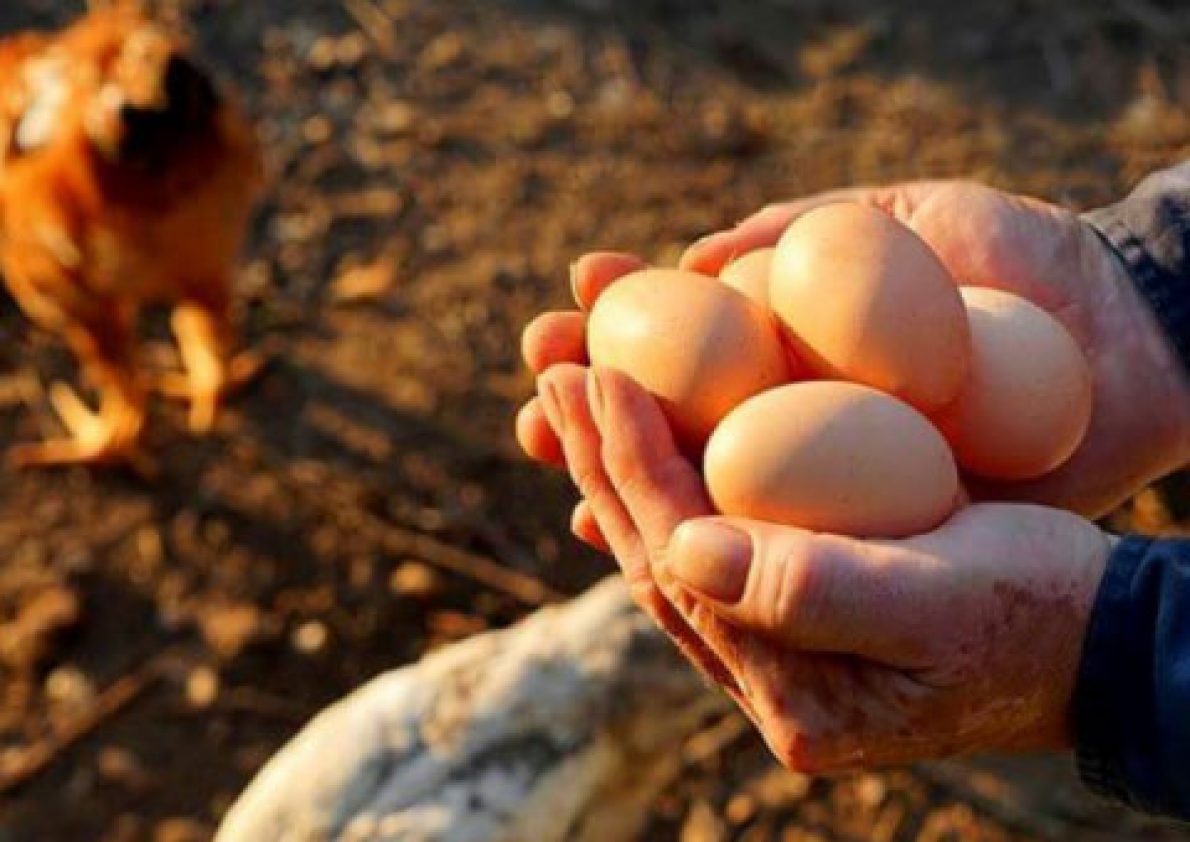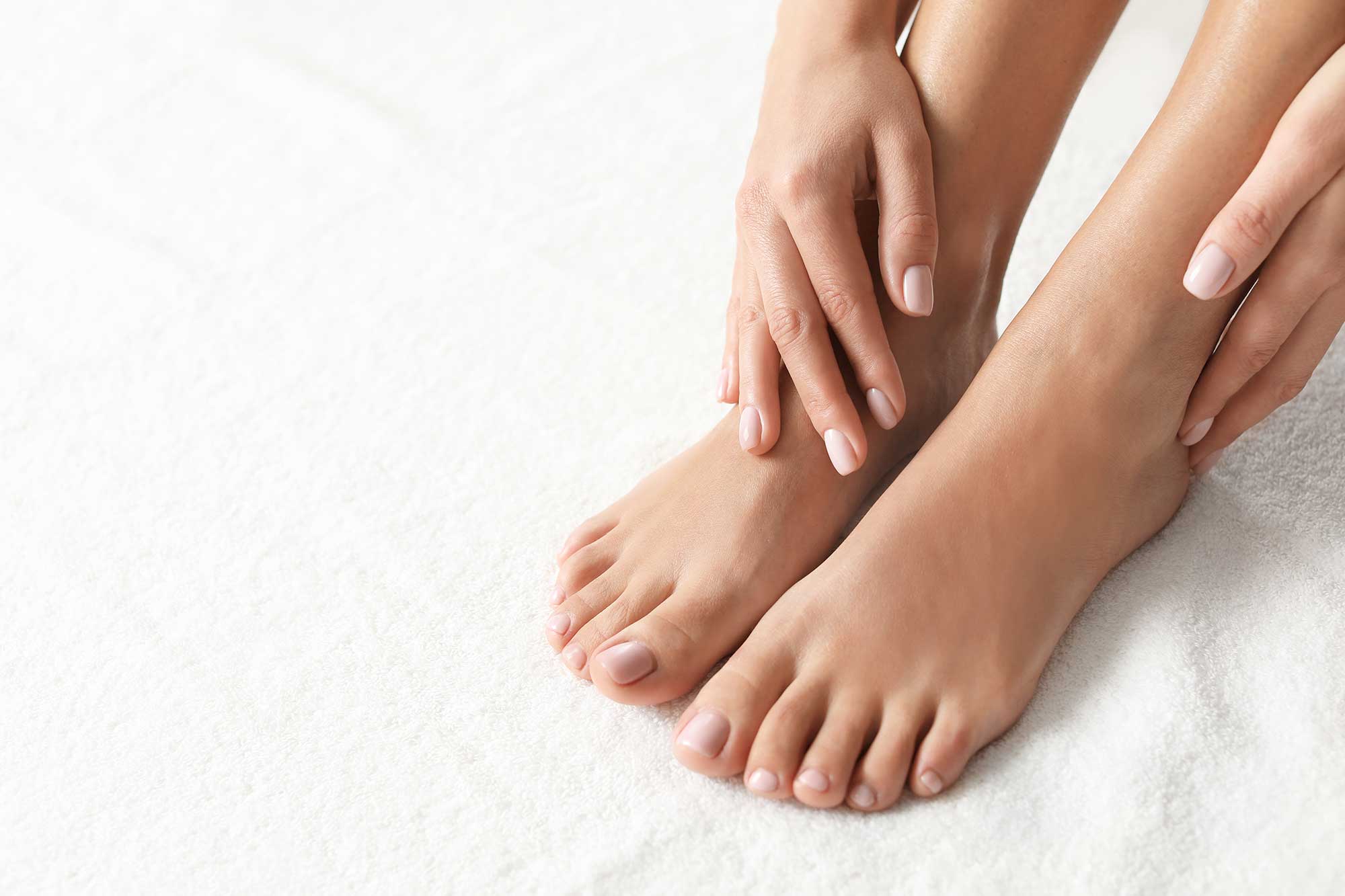No matter where you live, no matter who you are, it is possible to live a more self-sufficient lifestyle. Of course, your first question may be…why? Why should you bother? If you’re happy living the way you are, so be it. However, living self-sufficiently will…
Prepare you for times of emergency
I’m not talking about anything world-changing, such as a civil war, but if you have made changes in your life, such as growing your own food, you will be better prepared in adverse weather conditions when the road to the supermarket is closed off.
Help you save money
Rather than spending money on clothes, food, etc. you can rely on the things you have made yourself. Not only will you have more cash to spend on other areas of your life, but you will also have the personal accomplishment that comes with learning new skills in adopting this ‘alternative’ lifestyle.
Save the world
If your home isn’t powered by coal or electricity; if the food you eat isn’t shipped from faraway places; if you are using your car less (or not at all), you are reducing the damage to the world around by living a more environmentally friendly lifestyle. What further incentive do you need?
Now, you don’t need to give up every aspect of consumerism. You don’t need to move off the grid and take up residence on top of a mountain. You don’t need to change your life dramatically when altering your lifestyle. You don’t need to become self-sufficient in every aspect of your life, unless you want to, of course. Sometimes, the best course of action is to start small, changing some aspects of your life, rather than upending everything. In this article, we will give you a few ideas on what it means to live self-sufficiently. Set yourself a goal to achieve at least one of the things we mention, and then consider the benefits. From your health to your finances, you should see the positives.
Grow your own food
You don’t need to have acres of grass to grow your own food, and you don’t need a garden, either. If you live in a small apartment, you could grow your own herb garden from your kitchen, for example. Alternatively, and if you don’t have space in your home and garden, you could also use a community garden, if one is located near to you. Potatoes, carrots, green beans, oranges, strawberries, rhubarb…there are so many foods you can grow, depending on the size of the area at your disposal, meaning you won’t have to shop in the supermarket for any of your food and vegetable quotas.
Learn how to cook
After growing your own food, you need to do what to do with it, so it makes sense that cooking is a skill you should learn. There are all kinds of recipes you can cook up, and you can guarantee that they will be healthier than the takeaways and processed foods you would normally consume as an alternative.
Start a small farm
Again, you don’t need acres of ground to begin a farm. We aren’t talking about a major operation, with sheep, cows and horses to look after. Rather, we are thinking about something you could do in your garden if you have the space. You could source fresh milk from a goat, eggs from chickens, and when those chickens get fat… you can enjoy a lovely roast dinner with the vegetables you have grown yourself. Hint: don’t name the chickens, as you may find the roast hard to stomach if you do! Poor Clucky!

Learn how to fish
If there is a small pond or river near you, and you are legally allowed to use the water for fishing, then why not learn this useful skill? Provided you aren’t of the vegan persuasion, learning how to fish is another excellent way to fill your dinner plate up at home. You could also put in yabbyn(marron) traps if you have a dam on the property. Great with pasta, butter garlic and chilli.
Mind Your Own Beeswax
There’s no sting in the tale if you learn the skills of a bee farmer. Provided you wear the appropriate protective clothing, you can source honey from the efforts of your busy little friends, as well as gathering beeswax to make your own candles! Perfect for cutting down your utility bills. Which leads us onto the next point.
Learn how to sew
There is a tendency to discard clothes that are no longer fit to wear, but a lot of money is often spent replacing them. So, whether your clothes have holes in, or you have simply outgrown them, forget the expense of the clothing boutique and mend your old items instead. Not only that, but once you have picked up a few skills, you may be able to make your own clothes from scratch, as well!
Find alternative entertainment
There’s a reason why your electricity bills are so high! It’s because you are probably reliant on your tv, games console, laptop or smartphone for entertainment. While you may not want to get rid of them all yet, you could still unplug them from your wall sockets and your mind by finding other things to do. Read a book, play games, go for walks, talk to your family… stick a finger up to the utility companies by doing something that may be considered more productive (and enjoyable) than staring at a screen, be it large or small.
Use alternative energy sources
There are other things you can do to save money on your utility bills. If you have the space, consider installing rainwater tanks outside to use the collected water for washing, cleaning, crop growing, etc. Instead of putting a strain on finances through gas and electricity usage, you could install a fireplace or wood burner in your home. And if you have the finances, you might consider other alternative energy sources, such as solar panels on your roof or a wind turbine outdoors (if you don’t mind the eyesore). While there will be expense at the outset, you will save money in the long-term.
These are just a few ideas on beginning a self-sufficient lifestyle, and for the most part, they are achievable for most people to begin without a lot of fuss. By implementing these ideas, you will save money, protect the environment, and gain the personal satisfaction of learning new skills. Something to consider? That’s up to you, but if you have the time and motivation, you will benefit from some of these lifestyle changes if you do decide to become a little more self-sufficient. Let me know what you think in the comments below.

















